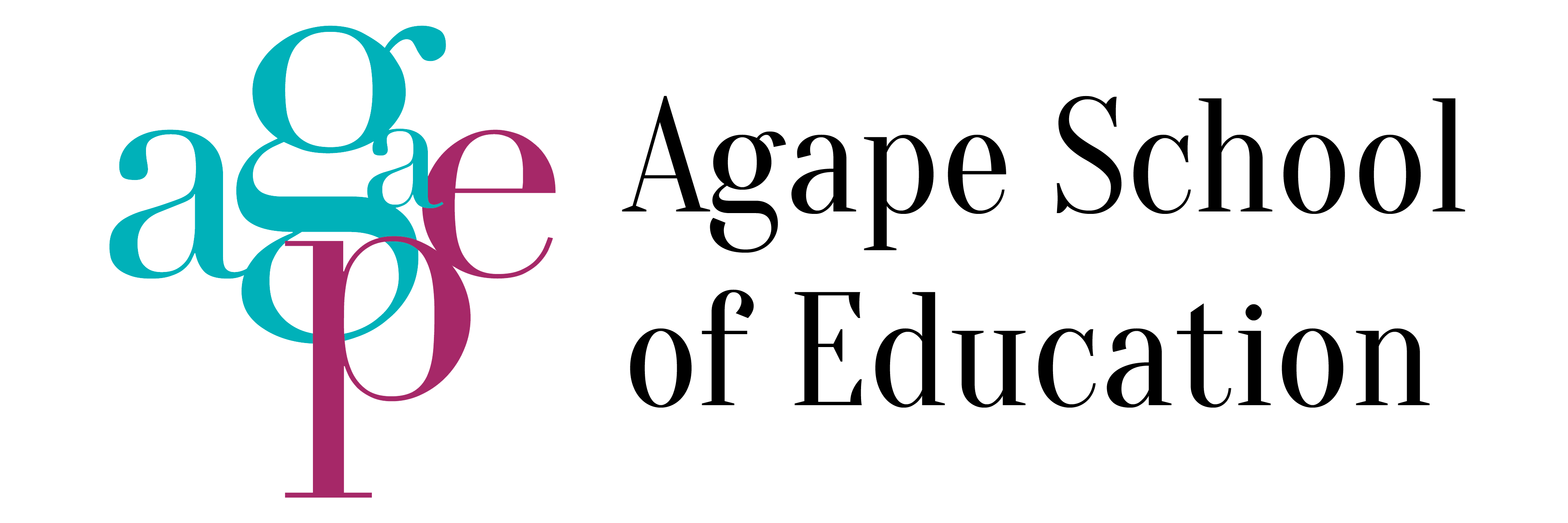Some people take years to learn a language, some months and others decades. So, what are we all chasing? What is it that exams test students for? Fluency. However, given the different complexities, intricacies and even structure of languages around the world, how do you know if you’ve really become fluent? Is it that 100% score on an exam? Students (and parents) certainly think so.
Linguists, on the other hand, argue that fluency is achieved when your subconscious takes over the linguistic process. When you move from controlled linguistic processing to automated, that’s when you’ve achieved fluency. In short, it means when thinking in a foreign language becomes as easy as thinking in your natural language, you’ve achieved fluency. But how do we measure this so that we’re sure?
1. You have dreams in your foreign language
When we say you dream, I don’t mean a student of the French language dreams of a croissant, or that you hear one word of the language in your dream. I mean that you really have active use of the language within your dream. This is an excellent indicator of fluency because when you are sleeping, your subconscious takes over. If your subconscious speaks a foreign language, it’s a clear sign that you’ve switched to automated processing.
2. You can’t help but eavesdrop on conversations in that language
While we are not condoning eavesdropping, when you become fluent in a language, it’s very hard to avoid listening into private conversations. It’s hard to even ignore background conversations in that language. For example, imagine that you’re in the midst of a crowd of people, speaking in a language you don’t understand. Even within that crowd, if someone says something in your native tongue, your ears will pick it up easily. It’s the same for any fluent language, because your subconscious processes the input so even if you’re not listening out for it, the language becomes hard to ignore.
3. You don’t have to concentrate all of your energy to speak the language fluently
In controlled processing, learners have to focus the majority of their energy to fluently speak in their foreign language. Language is inherently a complex task, involving several different areas of the brain. When you throw in the different levels of processing needed for vocabulary, grammar and syntax, it’s not hard to see why it requires so much brain power.
However, when a student becomes fluent, the automated processing frees up the brain to focus on other things, whilst speaking fluently. A good test of fluency is to see if you can multitask and speak at the same time.
For example, can you dance, eat a cookie and have a conversation in your foreign language at the same time?
These are some simple ways to measure your fluency. But don’t be disheartened if you find that you’re not as fluent as you would have liked to be. At the same time, don’t become complacent if you find that you are fluent. Fluency is fluid and it can come and go if the learner doesn’t practice their skills regularly. In the same vein, language is a constant learning process. Even in our native tongues, we learn new words and phrases every day.
At Agape School of Education (ASOE), we keep our classes small so our teachers can connect with their students on a personal level. This helps them tailor their lessons and teaching approaches to the individual student. We also combine the technical aspect of language with the cultural. This reinforces the love of the language and helps the student better grasp the language. Our goal is to impart knowledge and inspire passion in our students, and our coaching approach helps our students deal with the emotional aspect of learning a new language. View and register for our available language classes and courses here.




0 Comments